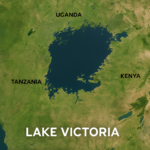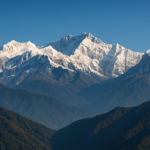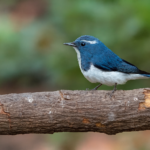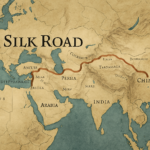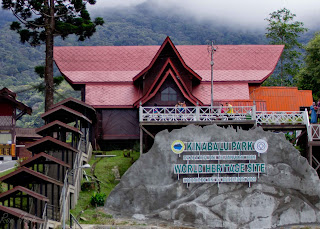
SONY DSC
Kinabalu National Park is a 754 square kilometer park on the island of Borneo in Sabah, Malaysia. Kinabalu National Park was established in 1964 and is home to some of the world’s most important biological flora and fauna. It is home to Mount Kinabalu, the highest mountain between New Guinea and the Himalayas. Kinabalu National Park was Malaysia’s first UNESCO World Heritage Site, designated in 2000. Because of Mount Kinabalu’s presence in the park, there are four climate zones, and there are a number of endemic species.
Kinabalu National Park is located at the northernmost tip of Borneo.
Mount Kinabalu is one of the world’s youngest mountains, having formed without the help of a volcano. It was formed as a result of tectonic activity.
Mount Kinabalu has a height of 4,095 meters and is still growing. It is thought to have formed between 10 and 35 years ago and is still growing by about 5 millimeters per year.
Hugh Low, a British colonial, was the first to reach the summit of Mount Kinabalu in 1851. Low’s Peak, the mountain’s highest point, was later named after him.
Kinabalu National Park’s four climate zones create an environment for a diverse and rich plant life. Lowland dipterocarp forest, montane forest, cloud forest, and subalpine zone are among the vegetation zones.
Tarsiers, Bornean gibbons, and orang-utans can be found in Kinabalu National Park, but visitors are unlikely to see these mammal species. Squirrels, mouse deer, and tree shrews are the most commonly seen creatures.
More than 11 different species of land snails can be found in Kinabalu National Park. There are also 326 bird species and at least 100 mammal species.
The tropical forest section of Kinabalu National Park is located in the lowland dipterocarp vegetation region and contains bamboos, palms, mango trees, rattan, hundreds of fern species, and over 1000 orchid species.
The temperate forest section of Kinabalu National Park is located in the lower montane vegetation region and includes chestnut trees, eucalyptus trees, ferns, pitcher plants, and the plant Nepenthes rajah, which is a carnivorous plant that has been known to trap and drown small mammals.
Rhododendrons are the most common plant in the cloud forest vegetation region. This region of Kinabalu National Park is home to 26 of Borneo’s 50 species.
The alpine meadow section of Kinabalu National Park is located in the sub-alpine vegetation region and contains buttercups, grassy meadows, mountain orchids, and mosses.
Kinabalu National Park is home to two birds that are not found anywhere else in the world: the Kinabalu mountain blackbird and the Kinabalu friendly warbler. There are also eagles, hornbills, and the Malaysian tree pie, which has a one-foot-long tail.
Visitors to Kinabalu National Park are frequently there to climb Mount Kinabalu, which requires a guide.
Only 130 people are permitted to climb Mount Kinabalu in a single day.
